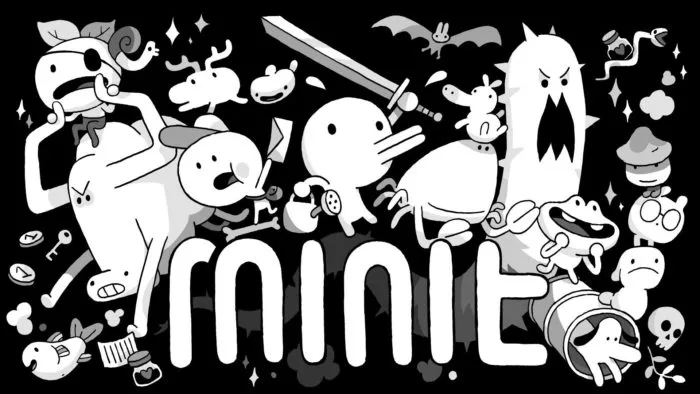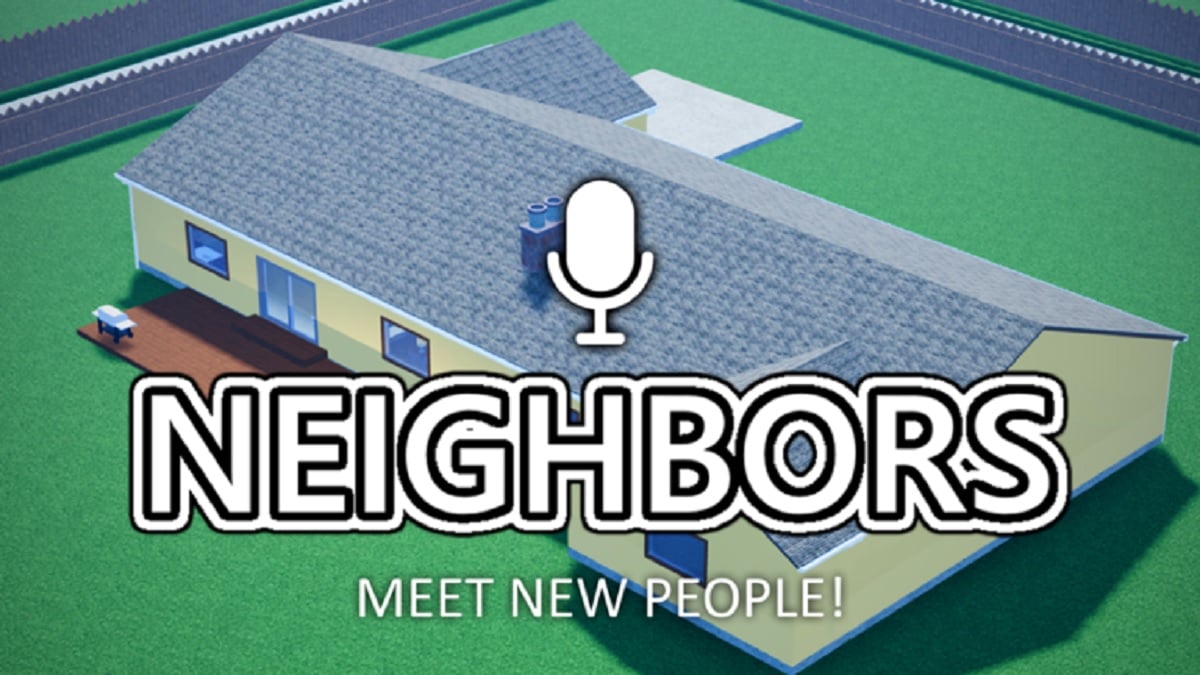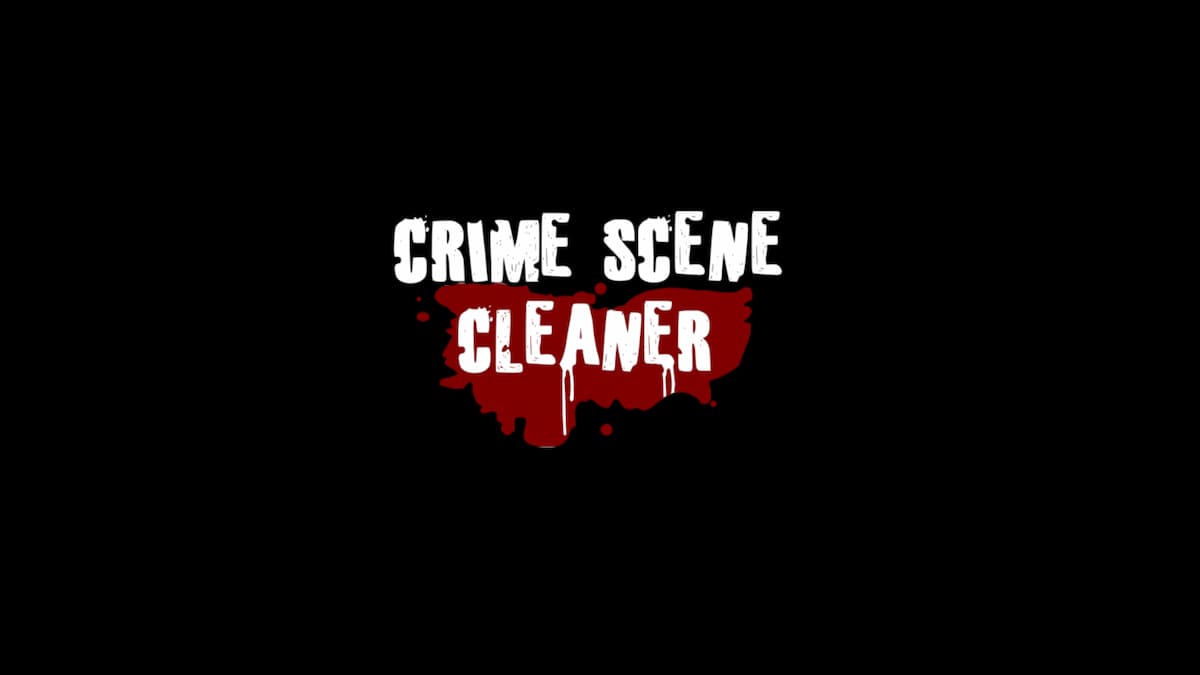Minit on PlayStation 4
Gamers are habitual by nature. One of the main reasons we choose to play games, and continue to do so over and over again, is because of the individual feedback loops hidden within them. It’s why shorter arcade experiences can be so utterly compelling, because the time between repeating an action and receiving a reward is so short. We don’t mind doing something over and over again, as long as the promise of more XP, a new weapon or item of clothing is visible on the horizon. Minit capitalizes on this feeling by offering up short, one-minute bursts of adventure, in which the reward is not a shiny new piece of armor, or a waylaid Princess, but an incrementally better understanding of the world around you.
The core design premise of Minit is a simple one. So simple in fact that it’s impossible not to be drawn in by sheer curiosity, something which will no doubt allow Minit to reach a much larger audience naturally. In Minit, you live life a minute at a time. You wake up in your home, before a 60-second timer starts to count down, a harbinger of your imminent doom. Time limits in games are nothing new, but Minit is a Zelda-like adventure game, something which simply shouldn’t work considering just how short each run is before reset. The game’s triumph is that it somehow manages to offer up a rich, compelling and most importantly fun experience, bolstered by its self-imposed limitations rather than hindered by them.

It’s worth setting out the exact conditions surrounding the one-minute life-span. If you happen to collect an item during a run, you’ll still have it when you wake up. It’s also possible to find new bases of operations to awaken from, slowly increasing the amount of the map you cover as you play. These allowances, while sullying the purity of the one-minute ’til death elevator pitch, go a long way to making the game actually playable, giving it the extra push it needs to go from clever game dev gimmick to a fully-fledged game in its own right.
And Minit is just so much more than a clever gimmick. The black and white pixel art hides a surprisingly rich world filled with wacky characters who pull from a script which easily goes toe-to-toe with that of Undertale, Night in the Woods or Grim Fandango. There’s also the fact that, because you know you only have a maximum of 60 seconds to perform an action, the game is never bogged-down by boring puzzles or dragged-out boss fights. Instead, you know that it is possible to succeed in the time given, which drives you forward, hurriedly poking and prodding every inch of the environment until the solution presents itself. There are dungeons to contend with, many of which have puzzles to solve. Each one becomes an exhilarating blend of rushed trial and error, curated curiosity and often, a sharp memory as you piece together multiple runs into one, cohesive solution.
You feel like a speed-runner in everything you do in Minit. The game dares the player to move faster, cut more corners, and take more chances each time. You really feel like you’re learning with every minute chunk you play, a feeling which, when combined with that ‘just one more go’ mentality so commonly triggered by video games of this type, makes for a seriously compelling experience. Everything is streamlined, there’s no wordy exposition at the start of each run, no special ability button or waypoint markers, just a button which kills others, and a button which kills you, restarting the game. It’s refreshing to see an experience which is so purely adhered to what it sets out to be. Minit is an experiment in limitation, whose sole purpose is to prove that good game design can shine through, even if it only has a minute to do so.
The game is a clear homage to the The Legend of Zelda series, but more specifically, Link’s Awakening. This is echoed right down to the fact that you find your sword washed up on a beach. The elements it pulls from Link’s Awakening the most though, are the weirdness and darkness of its characters. There’s an air of tragedy in every single one, from the fish who proclaims his love for being on land before collapsing and flopping about, to the game’s protagonist, who looks like a neglected Tamagotchi. There’s a familiar zaniness in the way the game treats its items, similar to the way something as trivial as a paperclip can also be the key to success in games like Day of the Tentacle and other LucasArts adventure games. Visually though, it couldn’t be any different from the games it is so clearly inspired by. The lack of color, the jagged edges, and simplistic enemy design all seem underwhelming at first, until you realize that they are presented exactly as they are meant to be. You see, colors and gorgeous visuals distract players. And in a game where you only have a minute to live, such distractions end up being both pointless and detrimental to the experience. There’s definitely a certain charm on offer though, coming mostly from the game’s razor-sharp writing.

The sound design is decidedly retro, managing to give each of the world’s separate areas their own distinct atmosphere, despite the uniform and simplistic nature of the visuals. The sound is also the only aspect of the game where I experienced some performance issues. At times, getting hit by an enemy would cause the music to stutter or shut off completely. Luckily, any problems in performance only last a minute by nature.
Minit does a great job at periodically handing out new mechanics and ways to interact with the world. It gets its hooks in you early with the promise of new things to see, and keeps them there by gradually tweaking the gameplay. For example, combat is limited to simple sword swinging at first, then later upgrades spice things up by adding in the ability to throw or add extra damage. It’s also a Metroidvania of sorts. You’ll often find areas you can’t access yet, or enemies you can’t possibly defeat without a specific tool. The merits of a Metroidvania design philosophy have been discussed exhaustively at this point, but I will say that Minit distills them into their purest form, and gives one of the best cases yet as to why they consistently manage to keep players engaged.
Minit’s novel design philosophy comes at a price though. The game is obsessed with moving you forward, both with its imposed time limit and with the fact that it is incredibly easy to die when facing up against an enemy, causing you to run past where possible. All of this culminates in a satisfying gameplay experience, but not one you get to spend a lot of time admiring. There are so many awesome characters and quirky areas to interact with, but you simply don’t have time to. You could always opt for dying over and over again in order to fully take in the world around you, but because of the feelings associated with video game death, instilled in us for decades at this point, it just doesn’t come off as a viable option. The game does at least make light of this trade-off between rushed progression and world-building, with certain characters delivering dialogue at a deliberately glacial pace. It definitely lands as a meta-joke, especially when you realize what’s going on. The developer has chosen to double down on the time-constraint mechanic over anything else, which is a shame given how endearing the world can be at times.
Minit’s missteps are the side-effects of its complete focus on a single design mechanic, one which also happens to be the game’s greatest strength. Ultimately, these problems fade into the background, allowing a smart, refreshing and impossibly rewarding gameplay experience to prosper. It should be studied by aspiring developers, serving as an example of just how powerful great game design can be. The one-minute life-span of its protagonist serves both as a way to distance the game from games of a similar ilk, and as a lure for those curious to see if a game with such a limitation could possibly be fun to play. The game is ambitious without being grandiose, epic without being bogged down by exposition. It’s simply a wonderful experiment in game design, and one which only asks for a minute of your time.
Score: 4/5 – Great
Pros
| Cons
|
For more information on how we review games, check out Twinfinite’s review policy here.















Updated: Apr 4, 2018 11:19 pm